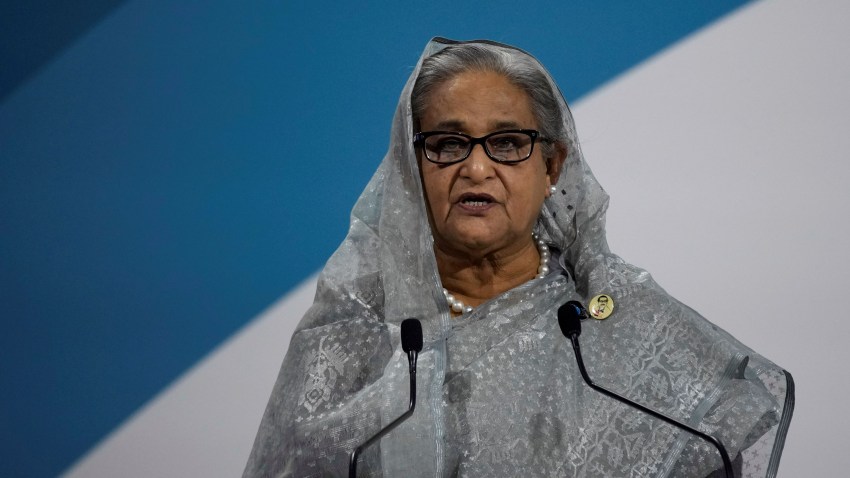Over recent months, tens of thousands of demonstrators have taken to the streets of Dhaka, Bangladesh’s capital city, galvanized by the rising cost of living, fuel price hikes and frequent power cuts. At least five people have reportedly been killed and scores injured in clashes with the police during the protests. Led by the opposition Bangladesh Nationalist Party, or BNP, the protesters’ key demands are for Prime Minister Sheikh Hasina to resign; for legal cases against opposition figures to be withdrawn or their convictions overturned; and for arbitrary laws to be repealed.
This is not the first time Hasina has faced major anti-government public demonstrations since she returned to office in 2009, eight years after her previous stint as prime minister. But every time demonstrations have erupted over the past 12 years, her government has survived through a mix of coercion and concessions, depending on the opponent. None of these confrontations, however, have stopped her Awami League party from consolidating power and closing democratic space.
Today, just a year before national elections are due to take place, Hasina is even less likely to concede to the opposition and protesters’ demands. As a result, the year ahead looks set to be another contentious one in this volatile South Asian nation, one that could see Hasina’s monopoly over power—similar to that of other elected autocrats around the world—challenged for the first time in over a decade.

